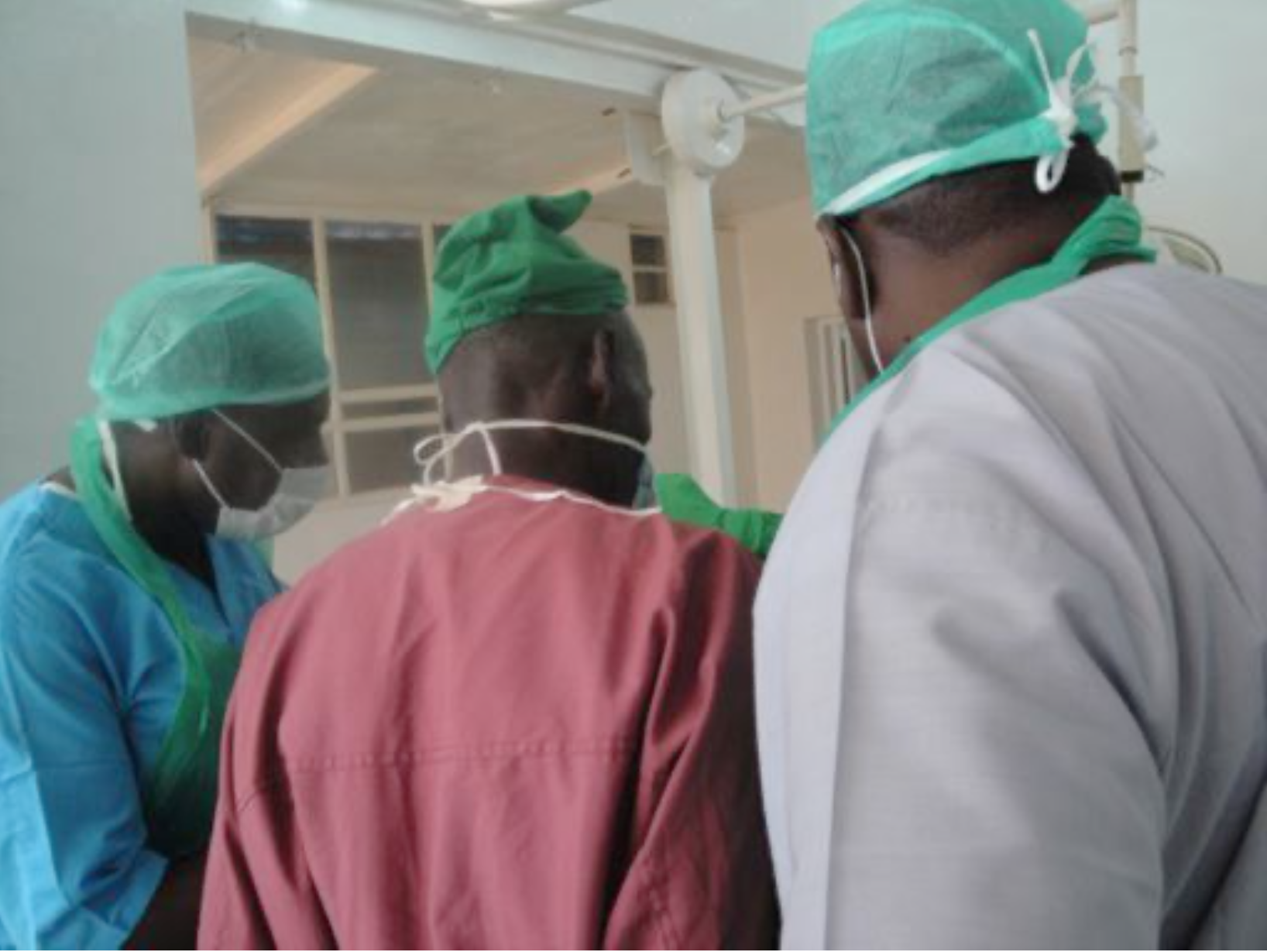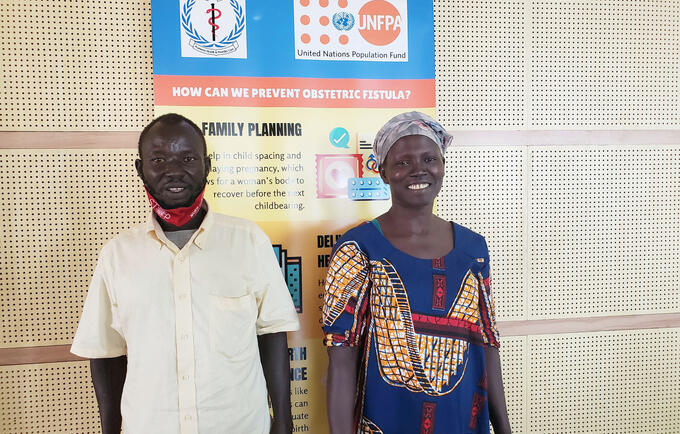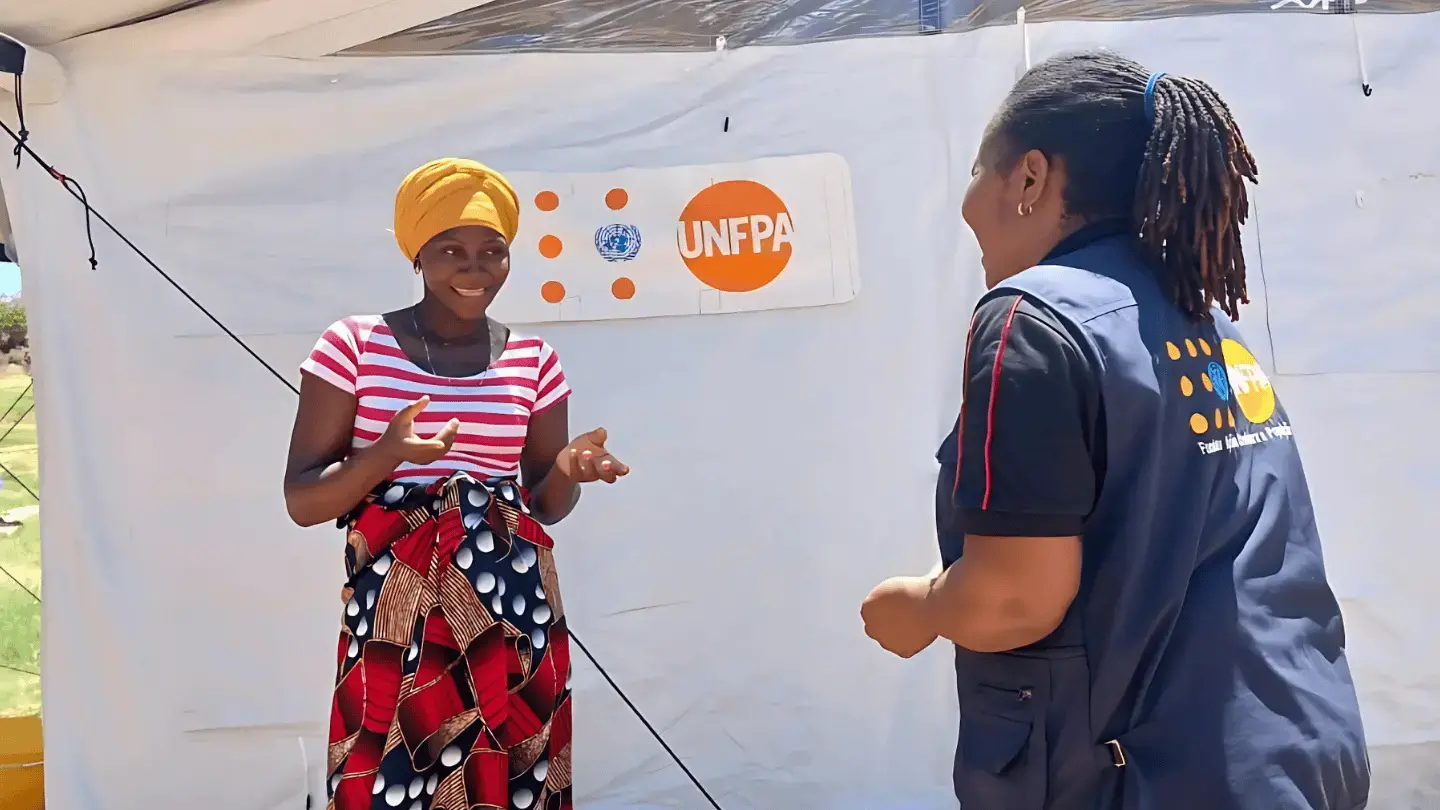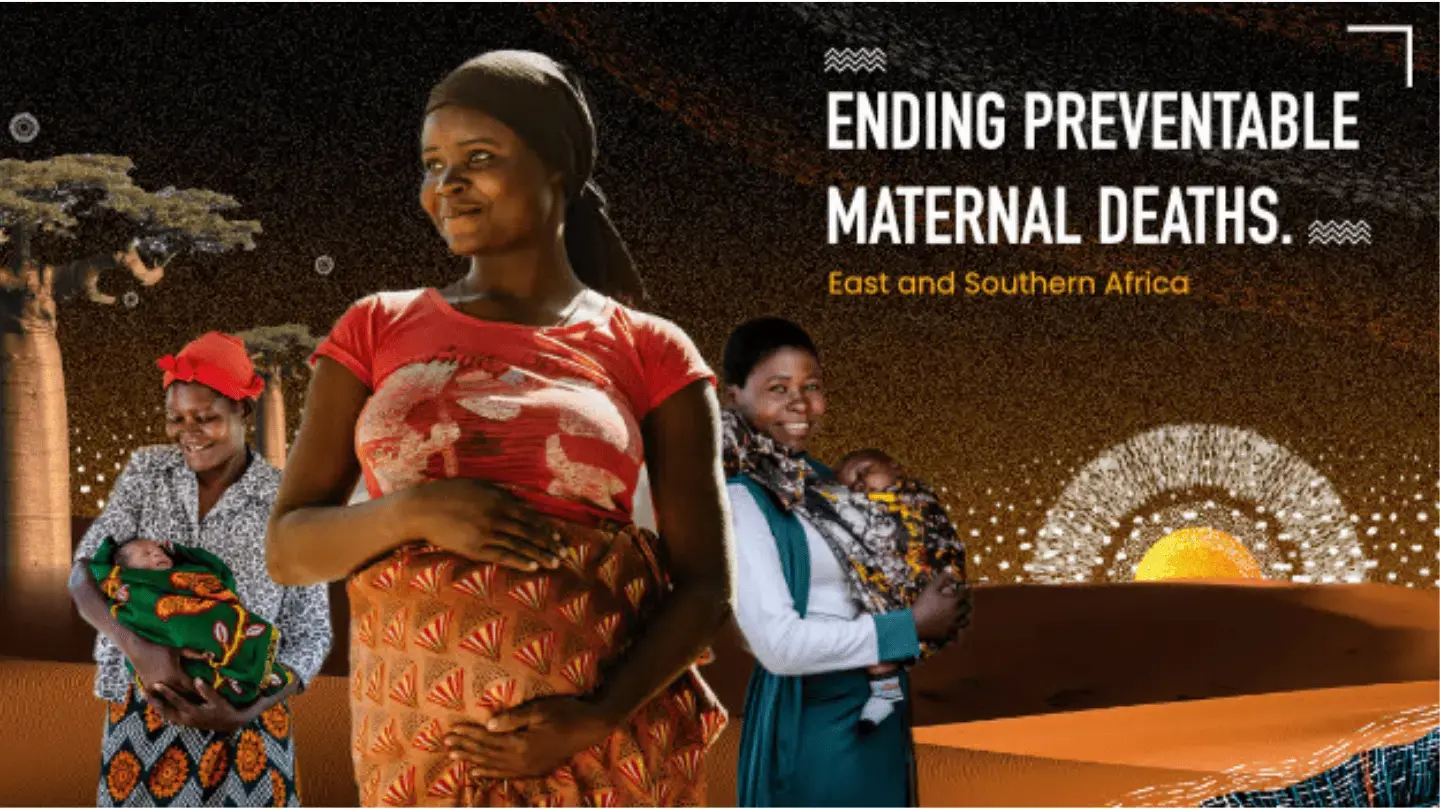JUBA, South Sudan – Married and pregnant as a teenager, she lost three babies in childbirth and suffered the horrific indignity of an obstetric fistula, a hole in the birth canal caused by the pressure of a prolonged and obstructed labour, and which leads to incontinence. Finally healed after 21 years, Rose Konga shares her personal story with other girls who are at risk of suffering the same fate, to ensure they have a better future.
In 1996, at the age of 18, she married and became pregnant soon after while living in a camp for South Sudanese refugees in Uganda. Rose was excited and looked forward to her first-born child. However, she had a miscarriage.

Three years later, now living in the village of Loka West in Central Equatoria, South Sudan, she became pregnant once more yet again, motherhood would elude her. At the time of delivery, she experienced an obstructed labour that the traditional birth attendant who was assisting her was not able to resolve. Sadly, her baby did not survive. As a result of the obstruction, Ms. Konga developed an obstetric fistula and began to leak urine uncontrollably.
In South Sudan, an estimated 60,000 women suffer from fistulas. Only six per cent of women use modern contraception, and the fertility rate is 4.5 children per woman. South Sudan has a high maternal mortality ratio of 1,150 deaths per 100,000 live births (2017). More data.
Giving birth safely in hospital
Three years later, Ms. Konga became pregnant again. This time she listened to the advice of health-care workers to deliver in a hospital, especially because of her existing obstetric fistula. In the sixth month of her pregnancy, determined to deliver successfully, Ms. Konga and her mother walked 25 miles to reach Yei so that she could deliver at the civil hospital. She was grateful that all went well this time, and she named her son Bidali, which means “replacement,” with reference to her first two unsuccessful deliveries.
The first two experiences were devastating. But I was glad I heeded the advice for me to deliver in a hospital.
“The first two experiences were devastating,” said Ms. Konga. “But I was glad I heeded the advice for me to deliver in a hospital.”
Despite the joy of finally having a child, her woes about her obstetric fistula continued. In 2012, she underwent repair surgery at the military hospital in Juba. However, she fell pregnant soon afterwards, which interfered in the healing process following surgery. After giving birth to a baby girl, the uncontrollable leaking of urine continued.
In 2018, she became pregnant again and during delivery, she experienced an obstructed labour but was taken to hospital only after 17 hours of labour. It was too late. The baby died during childbirth and Ms. Konga’s fistula worsened.
Suffering social stigma from fistula
Just like most women suffering from a fistula, Ms. Konga, who used to sell food at a market, was stigmatized for her condition. “People talked about me behind my back. No one would come near me. I lost my only means of livelihood because no one would buy from me,” she said.
Last year, she registered for a free fistula repair during a campaign supported by UNFPA at Juba Teaching Hospital. However, due to the COVID-19 pandemic the surgeons who were supposed to conduct the surgeries could not get to Juba. No longer prepared to wait, in June, Ms. Konga raised around $200 for surgery at a private clinic.
Before, I could not engage in any economic activities as people think I am dirty. Now, I am ready to work again.
She is recovering well from her operation and looks forward to when she can resume working. “Before, I could not engage in any economic activities as people think I am dirty. Now, I am ready to work again. I think I will sell mandazi (local doughnuts) to support my family,” she said.
If there is one thing she is grateful for during her entire traumatic experience, it is the continued support of her husband, Samuel Lasu. “He could have left me but he stayed and supported me in seeking treatment,” she said.
A supportive husband
A husband should support his partner if she is suffering from a fistula, instead of abandoning her, he believes. Remaining at his wife's side for the 21 years she endured the condition, Mr. Lasu saw her suffering at close hand, and he appealed to the Government of South Sudan to make fistula treatment more accessible to and affordable for women.
Looking back, Ms. Konga wishes her daughters and other girls a better life than her own with a fistula. A girl's education is a powerful weapon against early marriage and early pregnancy, she feels.
“I got married at 18, far too young. My body was not fully developed to bear children. If I stayed in school, maybe things would have been different,” she mused.
If a woman is educated, she will get good employment and be financially independent and empowered. I emphasize to my daughter and other young girls to study hard.
“If a woman is educated, she will get good employment and be financially independent and empowered. I emphasize to my daughter and other young girls to study hard. [There's] no need to rush into marriage. With an education, you can delay marriage and child bearing.”
For those who are already married, she had this to say: “I encourage them to use family planning to space their pregnancies so they can take care of their own bodies.”
UNFPA partners with the Ministry of Health in conducting free fistula repair campaigns to help women suffering from the condition. In 2018 and 2019, the initiative restored the bodies and dignity of 229 women. Once the COVID-19 pandemic is under control, fistula repair campaigns will resume, to reach more women suffering from this condition.





